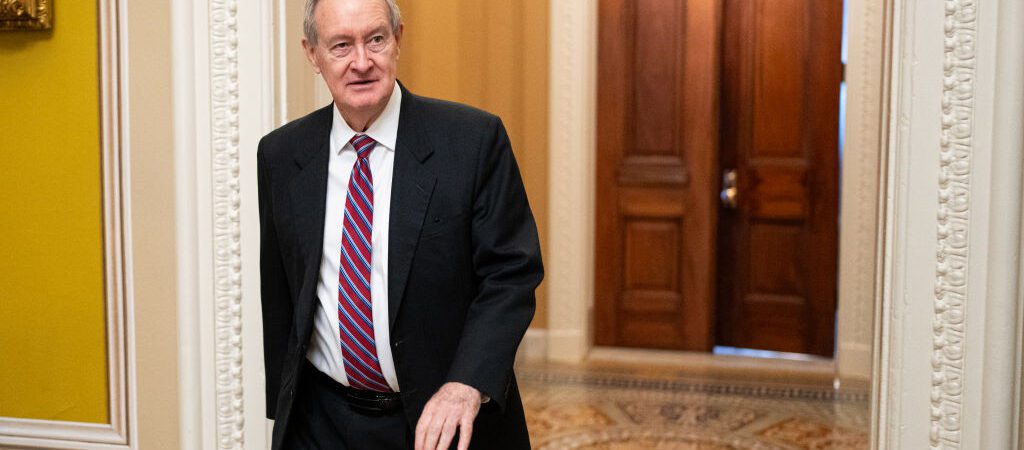Crypto Taxation Challenges: U.S. Senate Examines Regulation, Reporting, and Future Guidelines


The U.S. Senate Finance Committee recently took a closer look at the complex world of crypto taxation, highlighting ongoing challenges for both the industry and federal regulators. During a widely watched hearing, senators and industry leaders discussed how new IRS requirements will soon result in a flood of tax reports from crypto brokerages. However, as a top executive from Coinbase pointed out, the IRS is likely unprepared for the massive influx of data, with billions of transactions set to test the agency’s processing capacity.
Key areas of concern at the hearing included how to handle minor gains from small crypto transactions, known as the “de minimis” exemption, and whether staking rewards should be taxed when first issued or only when sold. These topics remain unresolved, creating uncertainty for crypto businesses and investors alike. Many in the industry are urging Congress to exempt de minimis transactions from tax reporting, reconsider how staking rewards are treated, and exclude stablecoins from short-term gain taxation, given their pegging to the dollar.
Recent legislative developments, such as a bill introduced by Senator Cynthia Lummis, propose setting clearer tax guidelines with a de minimis threshold of $300. While these proposals have garnered attention, it is unclear when or if the Senate will act on them.
Alongside these tax issues, new IRS guidance was met with cautious optimism by some major crypto firms. The guidance suggested companies holding cryptocurrencies, like bitcoin, might avoid certain corporate tax burdens on unrealized gains, though this policy is still not finalized.
Meanwhile, on the regulatory front, Congress continues to debate the proper agency oversight for digital assets. As new legislation is drafted, key questions focus on whether the Commodity Futures Trading Commission or the Securities and Exchange Commission should have primary jurisdiction over various types of digital assets. The uncertainty around rules and responsibilities further underscores the need for comprehensive, bipartisan legislation that addresses both tax and regulatory issues in a rapidly evolving market.
In addition to the crypto debates, President Biden recently nominated a new candidate to lead the Federal Deposit Insurance Corporation (FDIC). The Senate is expected to consider the nomination in the coming weeks, signaling continued attention to financial sector stability and oversight. As lawmakers grapple with these overlapping issues, the outcome will shape the future of the crypto landscape and U.S. financial regulation.

Leave a Comment